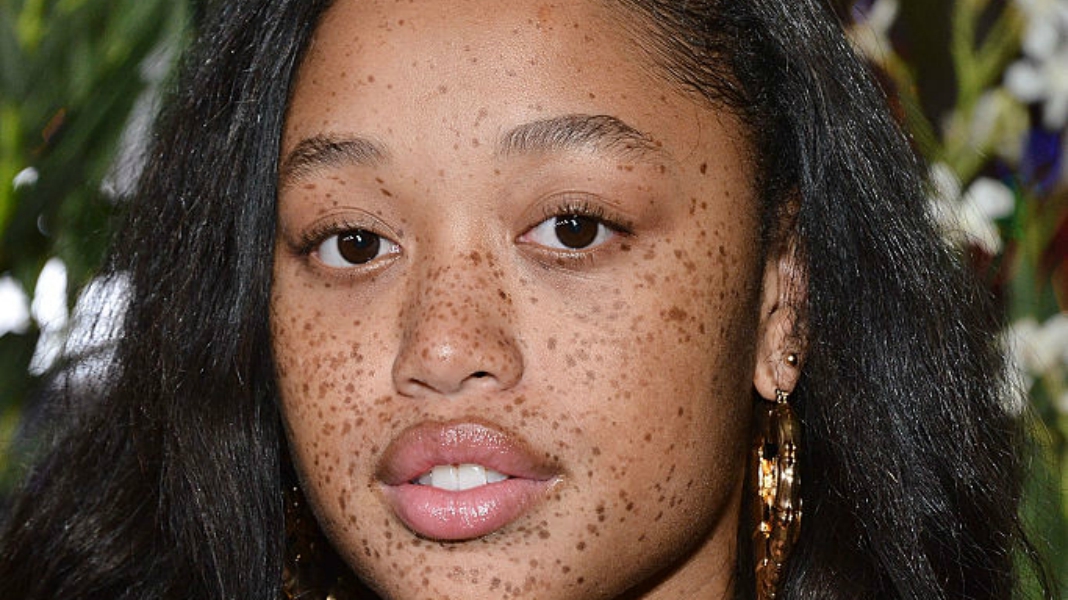
Getty
Yesterday, with the news of the McClure twins father and his racially-tinged, stereotype-laden “jokes,” about Black women and Black folk, there was a bit of discussion about whether his comments, including the word “ghetto,” in reference to a Black woman was racist.
We could debate it. But for one young model, Salem Mitchell, not only did she find the term racist, she responded to the person who called her that word with an entire education.
It all started when Vogue decided to share an image of Mitchell in a vintage-red swimsuit on the beach.
While several people applauded her and the photo, there was one commenter who called her “ghetto.”
Instead of ignoring the dig, Mitchell decided to address it, replying: “Everything about what I look like is considered ‘trendy’ in the media and in fashion right now. The freckles, the braids, the big lips, etc. But on a Black woman it’s ghetto for NO reason and we’re tired of it.”
Later, in an interview with Teen Vogue, she explained why she decided to respond rather than ignore the comment: “I wanted to speak out on this particular comment because it was completely discriminatory [and] completely racist. It wasn’t, ‘I think she’s ugly’ or ‘I don’t like this photo.’ It was, ‘By looking at this woman the first way I can describe her is by calling her a ghetto person.’ Calling me ghetto or any black woman ghetto based on a photo is so dismissive of who we are as people, what we’ve accomplished, and how we carry ourselves.”
Then Mitchell connected the dialogue to a larger discussion about cultural appropriation.
“Cultural appropriation is an important topic because Black and brown people are constantly demonized for their appearance, their hair, the way they dress, their use of slang, and other characteristics when in reality everything that we’re doing has set a blueprint for the culture we see today. Another thing people don’t understand is cultural appropriation is not about not wanting to share things with others — it’s not about wanting to take ownership over certain styles and deciding who gets to wear what. It’s about Black and brown people not receiving the same human respect simply because of their appearance when white people are praised for it…Black women are constantly stereotyped in public and even in the workplace, and it needs to stop.”
Later, Mitchell said to address this type of ignorance, it takes conversations which is why she felt it was important to respond.
“It’s really important to speak up when the issues are probably affecting more than just me,” she says. “When people make negative comments about freckles, I speak up because although I’m confident, other young girls with freckles might see those nasty comments and feel bad about their own skin. When people say ignorant things like the ‘ghetto’ comment, I speak up because I know other girls are hearing [it] in their own lives too. Overall it’s best to save your energy and speak up when you know it’ll benefit more than just your own ego.”









